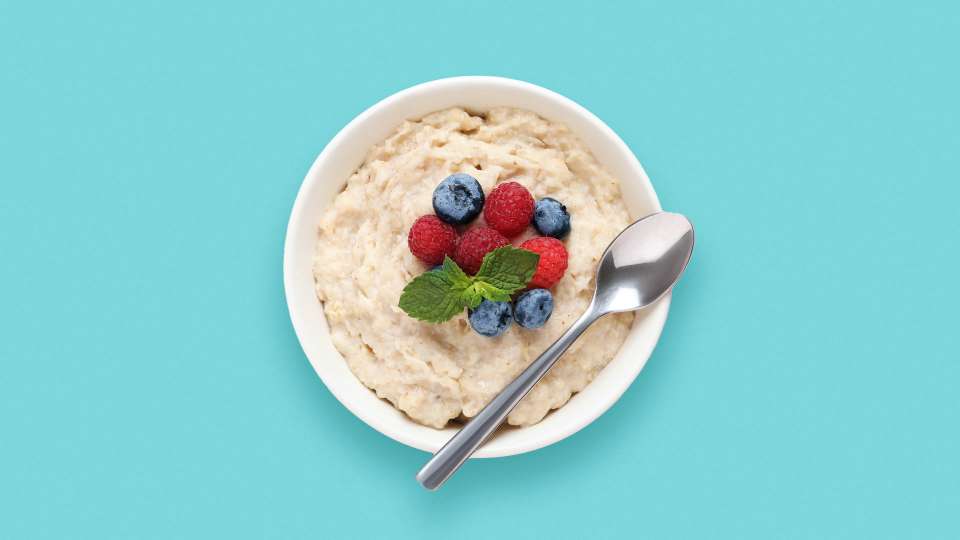Demystifying the Pre-Race Meal: 4 Tips for Fueling

Every runner is on a quest to find the perfect pre-race meal — something you can eat that will give you more energy than you’ve ever had, allowing you to fly over the proverbial wall instead of plowing headfirst into it. It’s true that what you eat right before race day is important, but keep in mind that sticking to a consistent training plan, getting adequate rest and eating a well-balanced diet during all the weeks and months leading up to the race is what really will translate into better performance.
Don't overeat
You probably already know about the night-before-a-race pasta feast — events will often even host a pre-race spaghetti dinner. While it’s tempting to take on the challenge of an “all-you-can-eat” meal, I would advise that you save this for another time. Overeating will only make you feel uncomfortable and make it more difficult for you to get a good night’s sleep. I do recommend, however, choosing foods that emphasize carbohydrates and contain a moderate amount of protein, and drinking plenty of fluids, preferably of the noncaffeinated, non-alcoholic variety. Keep in mind that “emphasizing carbohydrates” does not necessarily mean spaghetti. It could mean rice or a large baked potato instead.
Stick with what you know
On the morning of the race, stick with foods that have worked for you before on your training runs and walks. These are the things you know your stomach can tolerate while exercising and that you know will sustain your energy for the duration of the race. That means you should be trying out your fuels and the timing of your meals during your training sessions. What a training partner or coach recommends might not ultimately be the best choice for you, but it may be a good place to start experimenting. Don’t just try what someone tells you works for them on race day unless you’ve tried it out on yourself first.
Avoid anything too heavy
Eat foods that are high in carbohydrates and low in fat. For many, this means choosing a piece of toast or some oatmeal and a banana instead of going for the Denny’s Grand Slam Breakfast. Foods high in fat, like those eggs and sausage, will take longer to empty from your stomach, whereas high carbohydrate foods, like toast and bananas, will be easily digested and less likely to cause stomach discomfort.
Time it right
The scheduling of your pre-race feast can also prove to be a challenge, especially if the race has an early morning start time. You need to allow yourself plenty of time for digestion. As a general rule, the more calories you consume, the longer you should wait before exercising. For example, after a large meal, you should wait three to four hours before working out; two to three hours may be adequate after a smaller meal; and one hour may be sufficient after a small snack. If you’re convinced that you need a full meal before the race, then plan to get up early enough to allow yourself time to digest it. If you plan on staying in bed as long as possible, then consider something lighter such as a banana or an energy bar.
There’s really nothing magical about the pre-race meal. It’s simply sticking to a routine that you’ve found works for you. By practicing during your training, you should find that your pre-race meal will not only fuel your body but also your confidence and leave you with one less thing to worry about on race day.
Mark Harrast, MD, is a sports medicine physician and medical director of the Sports Medicine Center at Husky Stadium and the UW Medicine Seattle Marathon. He specializes in diagnosing and treating sports-related injuries and illnesses in endurance athletes, runners and triathletes. He is also an accomplished competitive endurance athlete himself.

 Healthy ideas for your inbox
Healthy ideas for your inbox





